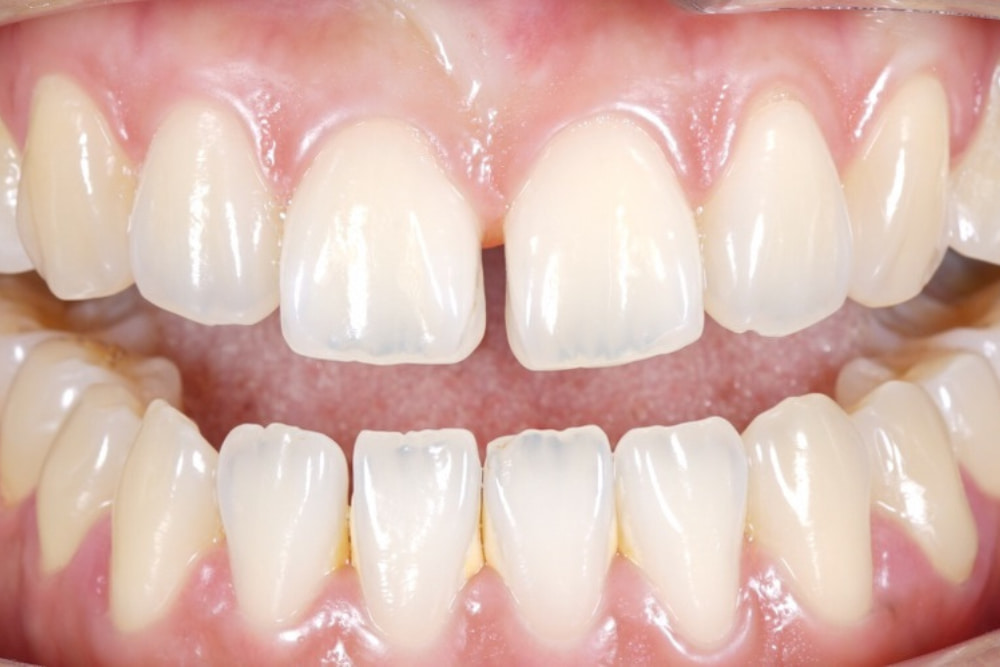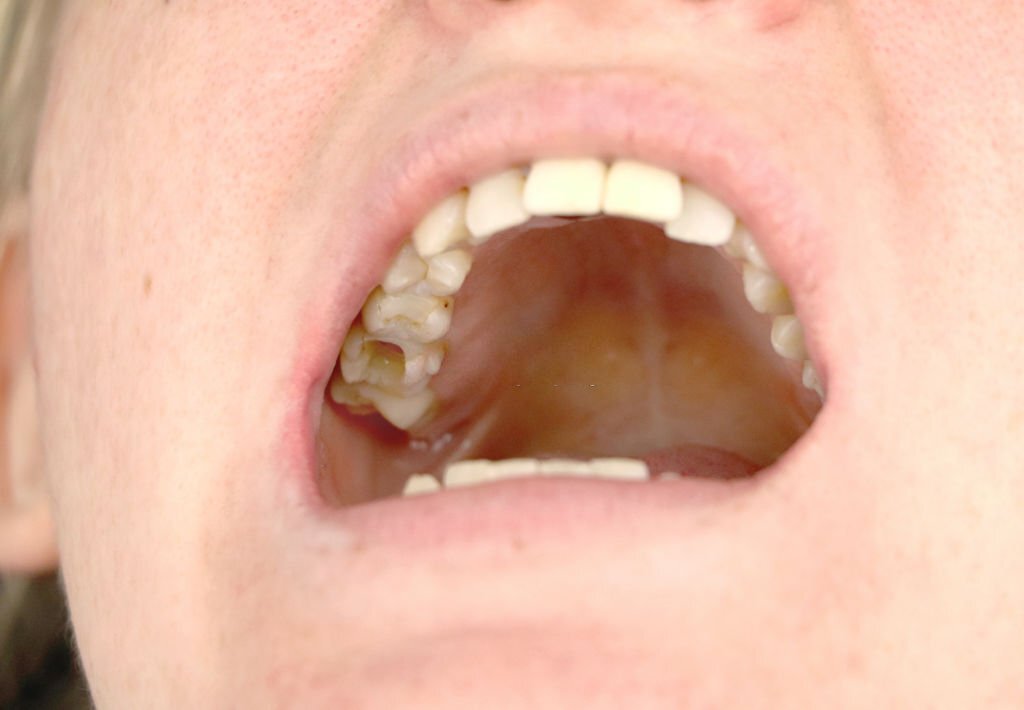Introduction
Maintaining optimal oral health is crucial for overall well-being, and one of the fundamental aspects of dental care is teeth scaling. While many people have heard of the procedure, there can still be confusion regarding its purpose, frequency, and whether it is a painful experience. This blog will delve into the meaning of dental scaling, explore its benefits, address common concerns about pain, and ultimately guide you on how often you should consider this essential dental procedure.
1. Understanding Teeth Scaling: A Comprehensive Overview

What Is Teeth Scaling?
Teeth scaling, also known as dental scaling, is a procedure that involves the meticulous removal of plaque, tartar, and stains from the surfaces of your teeth, particularly around the gum line. Performed by a dental professional, the primary goal of scaling is to maintain oral hygiene and prevent gum disease. Regular brushing and flossing may not effectively clean hard-to-reach areas, which is where scaling plays a crucial role.
Is Scaling Good for Teeth?
Yes, teeth scaling is not just good but essential for maintaining healthy teeth and gums. By removing harmful bacteria that can cause gum disease, it improves oral health, prevents cavities, and reduces the risk of tooth loss. Routine scaling ensures a cleaner mouth, which supports both dental and overall health.
Scaling Teeth Meaning
Scaling teeth refers to a specialized cleaning process that targets the buildup of plaque and tartar that cannot be eliminated through regular brushing and flossing. It is a preventive treatment aimed at maintaining long-term dental health by reducing the risks associated with bacterial buildup.
2. The Importance of Dental Scaling

Why Is Scaling Important?
Scaling teeth is not merely a cosmetic procedure; it is fundamental for preventing various dental issues. When plaque and tartar accumulate on your teeth, they can lead to gum disease, cavities, and other serious complications. Regular scaling removes these harmful deposits, thus reducing the risk of infections and promoting healthier gums. Scaling is also essential because it helps prevent systemic conditions linked to oral health, like heart disease and diabetes.
How Scaling Supports Long-Term Dental Health
Through regular teeth scaling, you can avoid periodontal diseases like gingivitis and periodontitis, which, if left untreated, can cause significant damage to your teeth and gums. Scaling not only treats current oral issues but also serves as a preventive measure, contributing to long-term dental health.
Impact on General Health
By preventing gum disease, dental scaling also helps reduce the risk of systemic issues. Studies have shown that bacteria from the mouth can enter the bloodstream and contribute to conditions like heart disease and diabetes, making scaling an essential component of preventive health care.
3. Dental Scaling and Root Planing Explained

What Is Dental Scaling and Root Planing?
Dental scaling and root planing, also known as deep cleaning, is a more extensive procedure that involves cleaning below the gum line. While scaling focuses on the surface of the teeth, root planing smooths the roots of teeth to remove harmful bacteria that have penetrated deeper into the gums. This combination is especially beneficial for individuals with advanced gum disease.
Who Needs Dental Scaling and Root Planing?
People diagnosed with gum disease, such as periodontitis, may require root planing in addition to regular scaling. It is a crucial step in restoring gum health and preventing further gum recession or bone loss around the teeth.
The Benefits of Root Planing
Root planing ensures that bacteria and toxins are removed from the roots of teeth, allowing the gums to heal and reattach properly. This procedure can stop the progression of gum disease, preventing further complications and preserving your teeth for the long term.
4. How Often Should You Get Teeth Scaling Done?

Routine Dental Check-Ups
Most dental professionals recommend undergoing teeth scaling at least once every six months as part of routine dental check-ups. These regular visits allow your dentist to monitor your oral health, catch potential issues early, and perform necessary cleanings to maintain optimal hygiene.
Personalized Recommendations
While the six-month rule is a general guideline, several factors can influence how often you should consider teeth scaling. These factors include your oral health history, lifestyle choices like smoking, and any underlying health conditions that could affect your gums and teeth.
When More Frequent Scaling is Necessary
Individuals with a history of gum disease, smokers, and those with poor oral hygiene may need more frequent scaling, potentially every three to four months, to prevent the buildup of plaque and tartar.
5. Is Scaling of Teeth Painful? Addressing Common Concerns

Pain During the Procedure
One of the most common concerns is whether scaling is painful. The experience varies from person to person, depending on oral health. Patients with gum disease or inflammation may feel more discomfort, while those with healthy gums typically report minimal pain. Many modern techniques, including ultrasonic scalers, help minimize discomfort during the procedure.
Anesthesia Options
For patients who anticipate discomfort, dentists can provide local anesthesia to numb the area during the procedure, especially in more intensive cases like root planing. This option makes the process much more comfortable.
Sensitivity After Scaling
After teeth scaling, it’s common to experience mild sensitivity, particularly to hot or cold foods. This sensitivity usually subsides within a few days, and any prolonged discomfort should be discussed with your dentist.
6. Factors That Affect Scaling Frequency

History of Gum Disease
If you have been diagnosed with gum disease, your dentist may recommend more frequent scaling sessions to manage the condition. These individuals may need scaling every three to four months to ensure their gums remain healthy and free of harmful bacteria.
Tobacco Use
Smokers are at an increased risk of gum disease, plaque buildup, and tooth discoloration. Frequent scaling may be necessary for smokers to maintain their oral health and prevent the onset of periodontal diseases.
Existing Medical Conditions
Certain medical conditions, like diabetes, can compromise oral health. Patients with these conditions may require more frequent dental cleanings, as their bodies are more susceptible to infections, including those in the mouth.
7. Benefits of Regular Teeth Scaling: Why It Matters

Prevention of Gum Disease
Regular teeth scaling is crucial in preventing gum disease, which can lead to tooth loss and other serious complications. By removing plaque and tartar, you reduce the risk of developing gingivitis, the early stage of gum disease, and its more advanced form, periodontitis.
Improved Oral Hygiene and Fresh Breath
Teeth scaling eliminates odor-causing bacteria and food particles, contributing to fresher breath. Regular cleanings enhance oral hygiene and make it easier to maintain a healthy, attractive smile.
Long-Term Cost Savings
Investing in regular dental scaling can save you money in the long run. By preventing gum disease and other dental issues, you can avoid costly treatments and procedures that may be necessary if problems are left untreated.
Conclusion: Prioritize Your Oral Health with Regular Teeth Scaling
Teeth scaling is an essential component of maintaining good oral health and preventing serious dental issues. While the general recommendation is to undergo scaling every six months, individual needs may vary based on oral health history, lifestyle choices, and existing medical conditions. Consulting with your dentist will ensure that you receive personalized care tailored to your specific needs. Regular teeth scaling is an investment in your health, ensuring a brighter, healthier smile for years to come.


